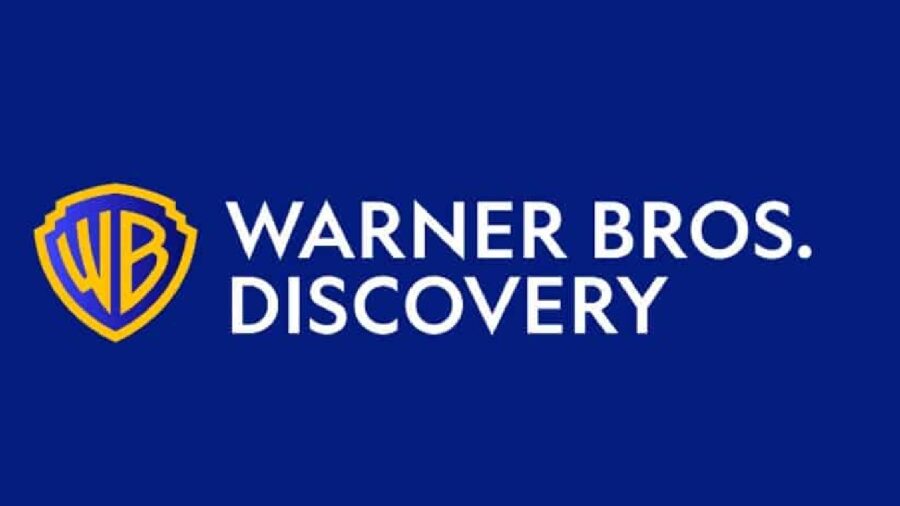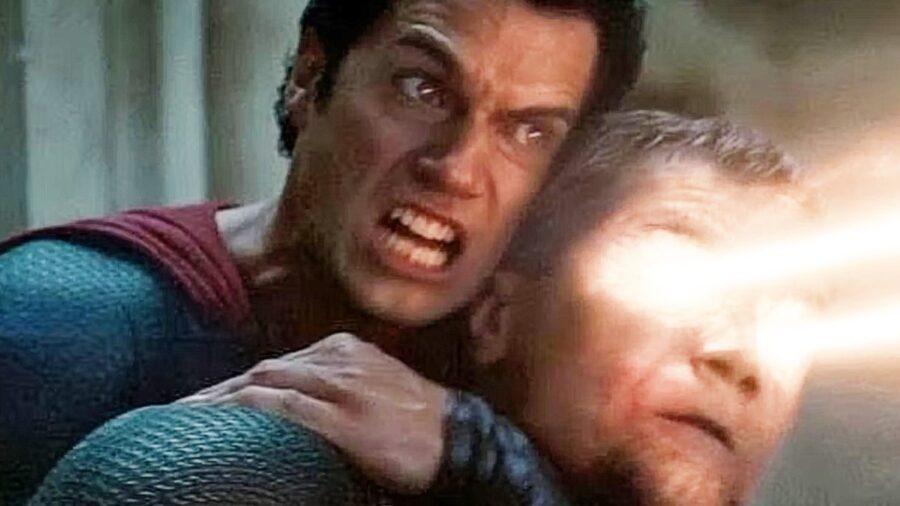Warner Bros. Discovery Board Members Vacate Positions During Department Of Justice Investigation

Two Warner Bros. Discovery board members, Steven A. Miron and Steven O. Newhouse, have decided to step down amid a Department of Justice (DOJ) investigation into a potential antitrust violation within the media conglomerate. The DOJ notified the pair about a probe into whether their service on the board could violate Section 8 of the Clayton Antitrust Act.
The Investigation

Miron and Newhouse also hold executive positions at Advance, a privately held media company, and serve on the board of Charter Communications, a significant player in the cable and broadband industry. The Department of Justice noted the competitive overlap between Charter’s Spectrum cable service and Warner Bros. Discovery in the video distribution business.
Deputy Assistant Attorney General Michael Kades of the Justice Department’s antitrust division emphasized the legislative intent behind Section 8 of the Clayton Act. He highlighted Congress’s concern that competitors sharing directors might compete less vigorously, potentially impacting service, quality, and pricing.
The Resignations

Miron and Newhouse informed Warner Bros. Discovery of their decision to resign without admitting any wrongdoing. Instead, the pair cited “the changing dynamics of competition in the entertainment industry” as the reason for stepping down from the Warner Bros. Discovery board. They showed no interest in contesting the matter.
The Merger

Miron and Newhouse were appointed to the Warner Bros. Discovery board following the merger between Discovery Inc. and Warner Media in April 2022. Discovery designated the pair as two of its six members on the merged company’s board. Their terms were set to expire in 2025, though the exact date is not known.
Wider Ramifications

Steven A. Miron, the chief executive of Advance/Newhouse Partnership, a media company based in Syracuse, N.Y., and Steven O. Newhouse, the co-president of Advance, both brought significant industry experience to the Warner Bros. Discovery board. However, their decision to step down underscores the seriousness of the DOJ’s investigation and its potential implications for the media conglomerate.
Warner Bros. Discovery has no immediate plans to replace Miron and Newhouse. Instead, the board will be reduced from 13 to 11 members. As the investigation continues, the corporate world will be mindful of its potential ramifications not only for Warner Bros. Discovery but also for the broader landscape of media and entertainment conglomerates.
David Zaslav

Meanwhile, David Zaslav, CEO of Warner Bros. Discovery, released a statement thanking Miron and Newhouse for their work. “On behalf of our Board and WBD’s leadership team, I want to thank Steve Miron and Steven Newhouse for their extraordinary service and longstanding commitment to Discovery and Warner Bros. Discovery,” he said.
Antitrust Laws

Antitrust laws are statutes created by governments to protect people from predatory business practices and ensure fair competition in the marketplace. These laws prevent monopolies, price fixing, bid rigging, and other anti-competitive behaviors. In the United States, the core antitrust laws are the Sherman Antitrust Act of 1890, the Federal Trade Commission Act, and the Clayton Antitrust Act.
The DOJ and the Federal Trade Commission (FTC) enforce antitrust legislation in the U.S., focusing on different sectors of the economy, such as Warner Bros. Discovery. Monopolies are regulated to prevent one company from dominating an entire market, as this can lead to reduced competition and harm consumers. Antitrust laws are crucial for maintaining fair competition and protecting consumer welfare.
Source: Los Angeles Times












